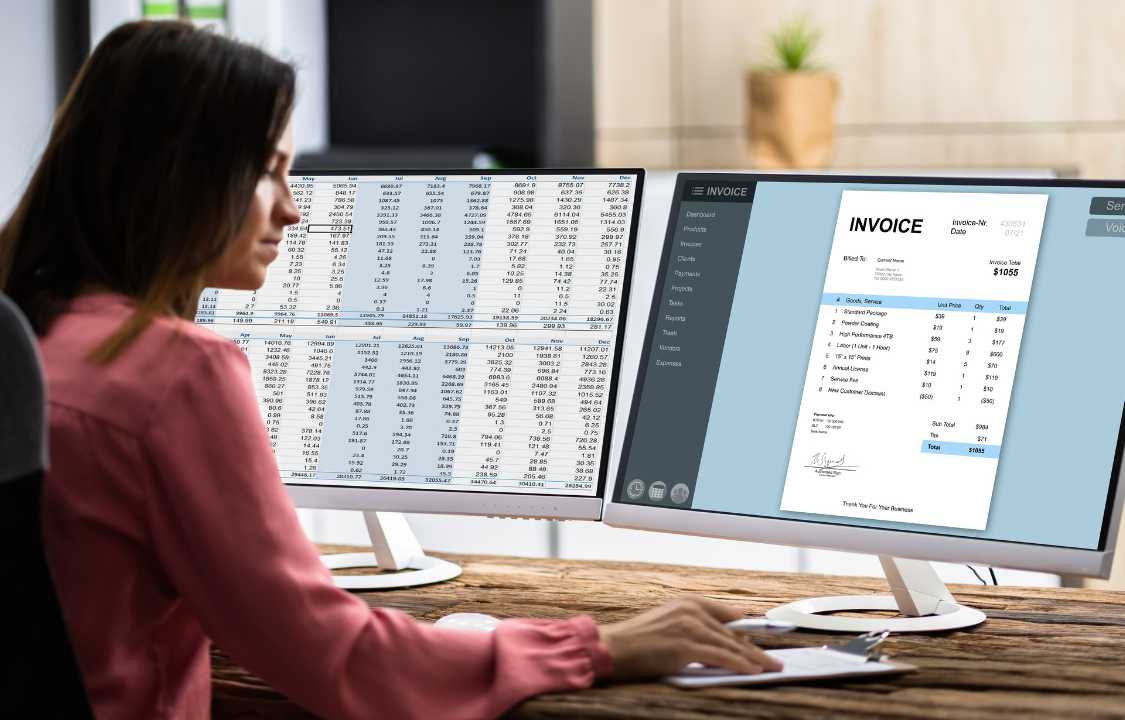Business
The 7 Best Kinds of Accounting Software for Small Businesses
Accounting is the backbone of any business, regardless of its size. For small businesses, efficient accounting software can be a game-changer. It not only simplifies financial management but also helps in making informed decisions and staying compliant with tax regulations. With a plethora of accounting software options available today, it can be challenging to choose the right one for your small business. To help small businesses optimize their financial procedures and propel growth, this article will examine the seven top accounting software options designed just for them.
1. QuickBooks Online
QuickBooks Online is one of the most popular and trusted accounting software options for small businesses. Invoicing, spending monitoring, payroll management, and financial reporting are just some of the many capabilities available through its straightforward interface. QuickBooks Online also integrates seamlessly with various third-party apps and provides excellent mobile accessibility, making it ideal for on-the-go business owners.
2. Xero
Xero is another cloud-based accounting software designed with small businesses in mind. It provides a robust set of features, including bank reconciliation, expense claims, and project tracking. Xero also offers unlimited user access and collaboration tools, making it a great choice for businesses with multiple team members or accountants involved in financial management.
3. FreshBooks
Invoicing and spending tracking are made easier with FreshBooks, a cloud-based accounting tool. It’s an excellent choice for service-based businesses and freelancers. FreshBooks offers features such as time tracking, project management, and automated recurring invoices. It also provides a straightforward and intuitive user interface.
4. Wave
Wave is a free accounting software designed specifically for small businesses and freelancers. While it doesn’t have all the advanced features of paid options, Wave provides essential accounting tools like invoicing, expense tracking, and financial reporting. It’s an excellent choice for startups and small businesses on a tight budget.
5. Zoho Books
Accounting for small businesses has never been easier than with Zoho Books, which is a part of the larger Zoho suite of business software. It includes invoicing, expense tracking, inventory management, and robust reporting capabilities. Zoho Books is known for its ease of use and affordability, making it a suitable option for small business owners who want powerful accounting tools without breaking the bank.
6. Sage 50cloud
Formerly known as Peachtree, Sage 50cloud is a desktop-based accounting software solution tailored for small businesses. It combines the benefits of traditional desktop software with cloud accessibility. Sage 50cloud offers features like invoicing, expense tracking, inventory management, and payroll processing. It’s a reliable choice for businesses that prefer desktop accounting but still want to leverage cloud capabilities.
7. Kashoo
Kashoo is a user-friendly cloud-based accounting software designed for small businesses and freelancers. It offers essential accounting tools like invoicing, expense tracking, bank reconciliation, and financial reporting. Kashoo also provides multi-currency support, making it suitable for businesses with international clients or operations.
To sum up, choosing the best accounting software for your company is an important decision that can have far-reaching effects on your company’s profitability. The seven options mentioned above cover a range of features, pricing, and usability to cater to the diverse needs of small businesses. Before making your choice, consider factors such as the size of your business, your industry-specific needs, your budget, and your team’s familiarity with accounting software. In addition, you may test the waters with many of these programs for free to determine which ones work best with your company. With reliable accounting software in place, you can put your financial worries to rest and focus on expanding your business.

